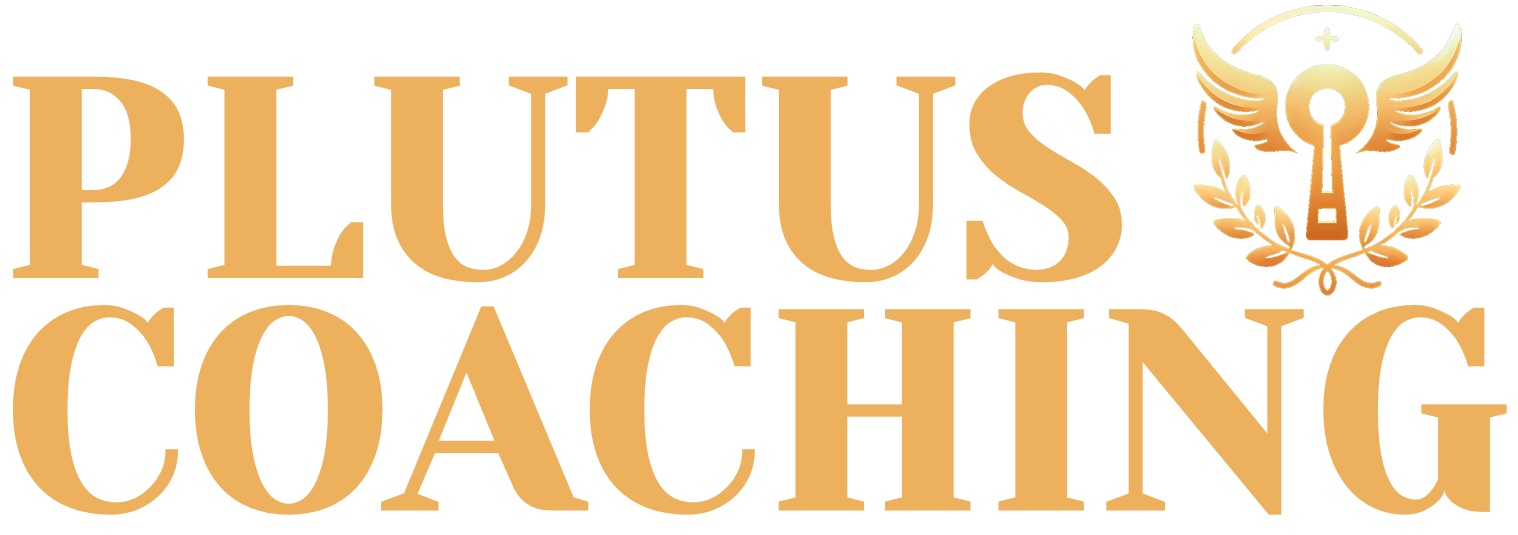In today’s fast-paced world, where stress and anxiety seem to lurk around every corner, taking care of our mental health is more crucial than ever. While therapy and medication play important roles, there’s a powerful tool we often overlook: exercise.
The link between exercise and mental well-being is undeniable. Regular physical activity doesn’t just sculpt our bodies; it strengthens our minds, improves our mood, and enhances our overall quality of life. In this article, we’ll explore the many benefits of physical activity and discover how movement can be a true lifeline for our mental health.
The Mind-Body Connection
It’s not just about looking good in the mirror. When we exercise, amazing things happen inside our brains. Physical activity triggers the release of endorphins – those feel-good chemicals that act as natural painkillers and mood boosters. It’s like a little reward system for our bodies, leaving us feeling happier and more relaxed.
At the same time, exercise helps to lower the levels of stress hormones like cortisol. These hormones, while useful in short bursts, can wreak havoc on our mental health when they’re constantly elevated. By managing these stress hormones, exercise allows us to better cope with life’s challenges and feel more in control.
Benefits of Exercise for Mental Health
- Fighting Depression and Anxiety: Regular physical activity has been shown to reduce symptoms of depression and anxiety. It’s not a magic cure, but it can be a powerful tool in your arsenal. Exercise helps to break the cycle of negative thoughts and feelings, giving you a sense of accomplishment and boosting your self-esteem.
- Sleeping Soundly: Tossing and turning all night? Exercise can help you catch those Zzz’s. Physical activity tires you out in a good way, making it easier to fall asleep and stay asleep. And we all know how important a good night’s sleep is for our mental health.
- Brain Power: Want to sharpen your mind? Hit the gym! Exercise has been linked to improved cognitive function, including better memory, focus, and attention. It even has the potential to lower your risk of cognitive decline as you age.
- Stress Buster: Feeling overwhelmed? Exercise is a fantastic stress reliever. It gives you a healthy way to channel those pent-up emotions and leaves you feeling calmer and more relaxed.
Types of Physical Activity for Mental Health
So, what kind of exercise is best for your mental health? The good news is, there’s no one-size-fits-all answer. Different activities offer unique benefits, so you can find something that suits your preferences and lifestyle.
Get Your Heart Pumping: Aerobic exercises like running, swimming, and cycling get your blood flowing and your heart rate up. These activities have been shown to be particularly effective in reducing symptoms of depression and anxiety. Aim for at least 30 minutes of moderate-intensity aerobic exercise most days of the week to reap the mental health benefits.
Build Strength: Strength training, whether it’s lifting weights at the gym or doing bodyweight exercises at home, is another great option. It not only helps you build muscle and improve your physical fitness, but it can also boost your confidence and self-esteem. Aim for two or three strength training sessions per week, targeting all major muscle groups.
Find Your Zen: If you’re looking for something a bit more gentle, mind-body practices like yoga, tai chi, and Pilates are excellent choices. These activities combine physical movement with mindfulness and deep breathing, helping to reduce stress, improve focus, and promote relaxation.
The key is to find something you enjoy and can stick with. Remember, any movement is better than none!
Tips for Getting Started
Ready to get moving but not sure where to start? Here are a few tips to help you on your journey to a healthier mind and body:
- Find Your Fun: The best exercise is the one you’ll actually do. So, don’t be afraid to experiment and find activities you genuinely enjoy. Maybe it’s dancing, hiking, or playing a sport. The possibilities are endless!
- Slow and Steady Wins the Race: Don’t try to do too much too soon. Start with shorter, less intense workouts and gradually increase the duration and intensity as you get fitter. Consistency is key, so aim for regular exercise rather than sporadic bursts of activity.
- Set Yourself Up for Success: Setting realistic goals can help you stay motivated and track your progress. Start small and celebrate your achievements along the way.
- Buddy Up: Exercising with friends or family or getting a personal coach can make it more fun and help you stay accountable. You can encourage each other, share tips, and celebrate your successes together.
The benefits of physical activity for our mental health are vast and undeniable. Exercise is a powerful tool that can help us manage stress, reduce anxiety and depression, improve sleep, boost our cognitive function, and so much more. It’s not just about looking good; it’s about feeling good – both inside and out.
So, let’s make a commitment to prioritize our mental well-being and incorporate exercise into our daily lives. Whether it’s a brisk walk in the park, a yoga class, or a weightlifting session at the gym, find something you enjoy and make it a habit. Your mind will thank you for it.
Remember, taking care of your mental health is an ongoing journey, and exercise is a wonderful companion along the way. By making movement a part of your routine, you’re not only investing in your physical health but also nurturing your mind and spirit. So, let’s get moving and embrace the transformative power of exercise!





